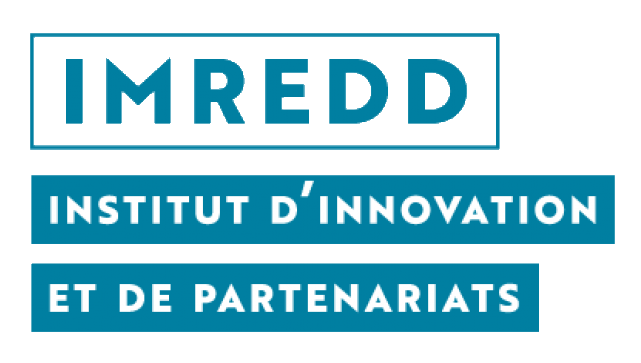Topics of interest
Researchers involved in Artificial Evolution are interested in the mechanisms of living organisms, such as the mechanism of natural selection of species or the organization of animal societies (ant colonies, bird flights, schools of fish...), and use the latest technical and theoretical tools to extract new knowledge or new problem-solving methods. Mathematics and computer science are obviously well represented in this field, whose scope of application is large: from theoretical or applied problem-solving in combinatorics, game theory, economics, operations research, decision support and machine learning. Many complex industrial problems are currently being tackled and treated using this type of approach, for example, optimizing flood mitigation measures, improving transportation flow or the modeling of gene regulatory networks in bioinformatics...
This year, we would like to focus on combining metaheuristics and reinforcement learning, but contributions on other topics are also welcome.
- Theorical Studies as Convergence studies, Fitness Landscape analysis...
- Applications of evolutionary paradigms to the real world (life sciences, industry, socio-economic sciences, music, etc.)
- Evolutionary robotics, education, visualisation, interactive design and artistic applications
- Benchmarks & Comparison Methodologies
- Parameter Adaptation and Tuning
- Large-scale global optimisation
- Memetic algorithms, interactive optimisation, neural networks, etc.
- Ensemble Methods & Hyper-heuristics
- Distributed evolutionary paradigms
- Surrogate model assisted optimisation
- Topologies evolution operators
- Multi- or Many-modal optimisation
- Multi- or Many-objective optimisation
- Dynamic & Stochastic optimisation
- Hybridisation with other soft computing techniques such as machine learning, deep learning, reinforcement learning or fuzzy logic






